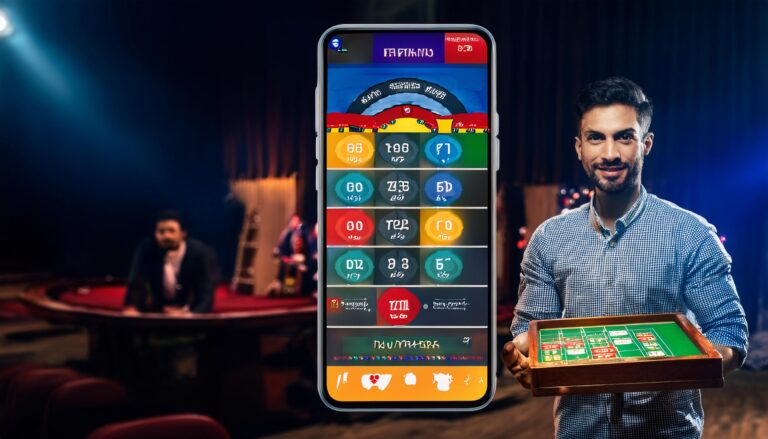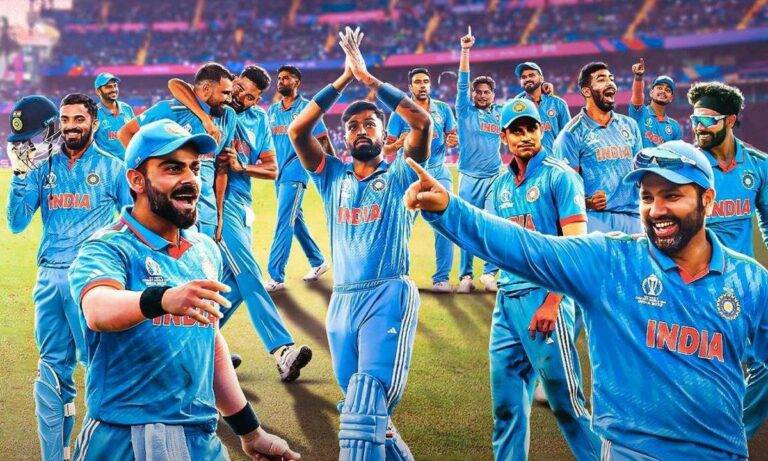Legal Implications of Player Transfers in IPL: Laser247, Gold365, 11xplay
Laser247, Gold365, 11xplay: Player transfers in the Indian Premier League (IPL) have always been a topic of great interest and speculation among cricket enthusiasts. Each season, teams strategize and make key decisions regarding player acquisitions and releases to enhance their squad’s performance. With a plethora of domestic and international players up for grabs during the transfer window, the competition among teams to secure top talent is fierce.
The IPL auction serves as a pivotal platform where teams bid for players based on their skill sets, previous performances, and compatibility with the team’s requirements. It’s a high-stakes affair that can significantly impact a team’s chances of success in the upcoming season. Apart from auctions, direct transfers and loan deals also play a role in reshaping team dynamics and strengthening their playing XI. Overall, player transfers in the IPL add an element of unpredictability and excitement to the league, keeping fans on the edge of their seats as they await the final squad announcements.
Contractual Obligations of Players and Teams
In the Indian Premier League (IPL), player transfers involve a complex web of contractual obligations binding both players and teams. Players are typically signed to multi-year contracts with their respective franchises, outlining terms such as remuneration, performance bonuses, and sponsorship commitments. These contracts also contain provisions regarding player conduct, injury clauses, and dispute resolution mechanisms.
On the other hand, teams have a responsibility to adhere to the terms of the player contracts they have signed. This includes ensuring timely payment of salaries, providing adequate training and support facilities, and upholding the players’ rights as per the agreement. Additionally, teams must comply with IPL regulations governing player transfers, including trade windows, retention limits, and salary cap restrictions. Failure to meet these contractual obligations can result in penalties, fines, or even suspension from the league.
Role of IPL Governing Council in Player Transfers
The IPL Governing Council plays a pivotal role in overseeing and approving player transfers within the league. As the governing body of the Indian Premier League, it holds the responsibility of ensuring that all player transfers adhere to the established rules and regulations set forth by the council. This includes evaluating trade proposals, assessing player contracts, and ultimately giving the final approval for any transfer to take place.
In addition to regulating player transfers, the IPL Governing Council also serves as a neutral entity in resolving any disputes or conflicts that may arise during the transfer process. By providing a fair and transparent platform for discussions and negotiations, the council plays a key role in maintaining the integrity and credibility of the player transfer system in the IPL. Ultimately, their decisions help to uphold the competitive balance of the league and ensure that all teams have an equal opportunity to strengthen their squads through strategic transfers.







